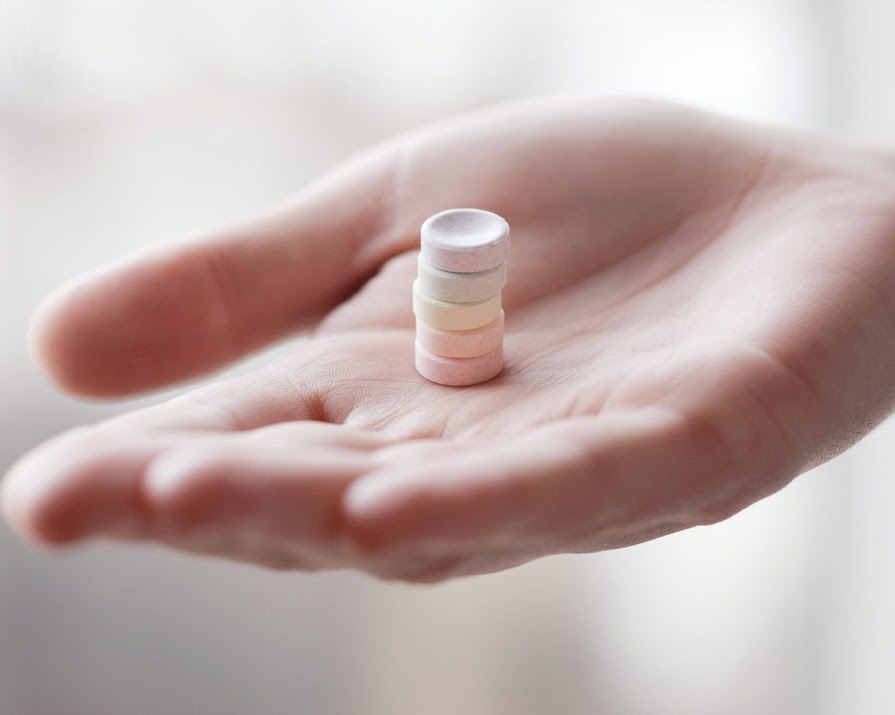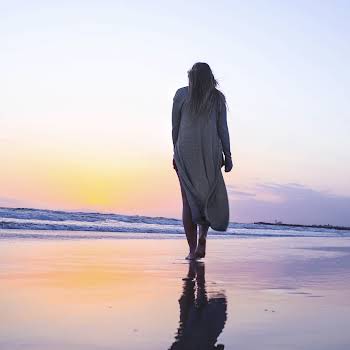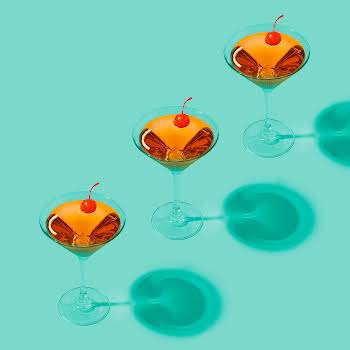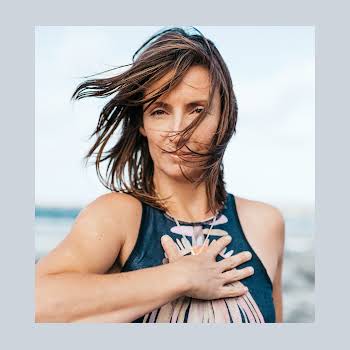
By Niamh ODonoghue
12th Aug 2018
12th Aug 2018
Ireland has the fourth highest level of drug overdoses in the EU. Illicit drug use is steadily climbing year on year, with cocaine, MDMA and cannabis being the most popular drugs of choice among the general public. The time is now for rigorous, systematic change. Ireland needs to adopt a health-led approach to tackle its drug abuse, and Niamh O’Donoghue finds out why…
I’ve just come from Facebook, where a friend of a friend posted a disturbing picture. The image showed a man in his thirties or forties down a lane. His pants were down and he was in obvious distress. Syringes can be seen close by. The person who posted the picture accompanied it with derogatory words that garnered “likes” and comments that made light of the situation with dark, disdain humour. People were taking a moment to make fun of a man that had, by the look of it, hit rock bottom. And unfortunately, this is the picture most people associate with addiction: a strung-out person down a city alleyway, escaping their pain and torture through the prick of a needle. What we’re not realising is that not all addicts look like this or come from lower socio-economic areas.
The current drug crisis, fuelled by an ongoing housing crisis, as well as a dated criminal system and stigmatisation, has led Ireland to hold fourth position for highest drug-related deaths in the EU. Most people don’t believe they fit the description of an addict because they don’t live on the streets or shoot heroin, but recent research shows that cocaine use is at the same level as it was during the height of the Celtic Tiger, and three out of ten young people have tried cocaine, MDMA or cannabis. Currently, personal drug use is a hidden and shameful practice in society.
“Not to be classist, but I can’t imagine a young, middle-class woman who’s got a cocaine problem being really comfortable walking into her local health clinic where a methadone clinic runs to look for support.”
In a bid to tackle addiction and harm-reduction head-on, the HSE, local government bodies and addiction services – like the Ana Liffey Drug Project and Merchants Quay Ireland – are lobbying for what is called a health-led approach to the possession of small amounts of drugs for personal use, or decriminalisation of drugs for personal possession, for short.
Current legislation means that if a person – be it a Trinity College MA student, a company CEO, or a group of friends – is caught in possession of drugs for personal use, they must go through the criminal justice system and receive a court date and a potential criminal conviction on their record. In 2015, 75% of all drug-related charges were for personal use, rather than for sale and supply. This means that the majority of resources are being spent on people who already have their own addiction issues and will be sentenced instead of receiving adequate healthcare and counselling.
Dawn Russell has been working at the Ana Liffey Drug Project for eleven years. Now acting as head of services, she explains to me by phone, in simple terms, the importance of decriminalisation and why it’s needed: “What de-crim means and why we want the law to change is that you might have a student in Trinity and they have cannabis or MDMA on them, they get picked up, they get charged,” she says. “It’s a highly stressful thing to happen and can actually push a person further into addiction.”
A safer, more supportive system makes perfect sense, so I was surprised when Dawn told me that the campaign has been met with some trepidation; mainly due to the confusion around decriminalisation and legalisation. What Dawn wants to reinforce, however, is that decriminalisation is not the same as legislation and doesn’t equal a get-out-of-jail-free card. “It can sometimes be confusing because people associate it with legalisation, which is not at all what this is. If I’m found with cocaine on me for personal use, there will be a repercussion and I’ll have to sit in front of a panel of health professionals, but what I won’t get is a court date and be left with no support, which is what currently happens. Yes, people dealing drugs should be criminalised, but is it really the best use of resources for someone who has [just] enough drugs on them for there own use?”
If introduced, the new system would mirror countries like Portugal and Norway, who have seen significant increases in the overall health outcomes of the people. Portugal introduced its radical drug reduction policy 16 years ago and, to date, has seen an overall decline among the 15- to 24-year-old population (those most at risk of initiating drug use (tdpf.org.uk), and drug-induced deaths have decreased steeply.
Not fit for purpose
Although there are a lot of drug services available in Ireland, Dawn believes they are “not fit for purpose in 2018”, and a redesign would quickly follow if decriminalisation is brought into action. One of the main issues, she believes, is that social drug-users don’t have satisfactory help because they can feel intimidated using facilities designed for harder drug users. Classicism comes to mind. “If one of my friends developed a drug problem, I don’t think they’d feel comfortable going to somewhere like Ana Liffey because it’s seen as a heroin project,” Dawn continues. “We need suitable types of harm-reduction facilities that are reflective of drug trends and, importantly, they need to be accessible.”
The HSE has set up a working group to look at that, and a public consultation to get the opinion of the general public which, Dawn says, we’ll know the results of by the end of 2018.
As a society, we frequently dehumanise addiction – case in point, the Facebook post I came across earlier – but a seismic shift needs to happen. In years to come, I don’t think it will be acceptable to call someone a junkie or look down on them because they’re behaving in a way that you wouldn’t behave. Dawn Russell agreed with my thinking and argues that Ireland must acccept the reality and scale of our national drug issue: “I think there’ll be more acceptance of people who use drugs in years to come. Acceptance isn’t the same as normalising it, though; it’s just accepting the reality of what’s been happening for the last 40 years, rather than sticking our heads in the sand”.























